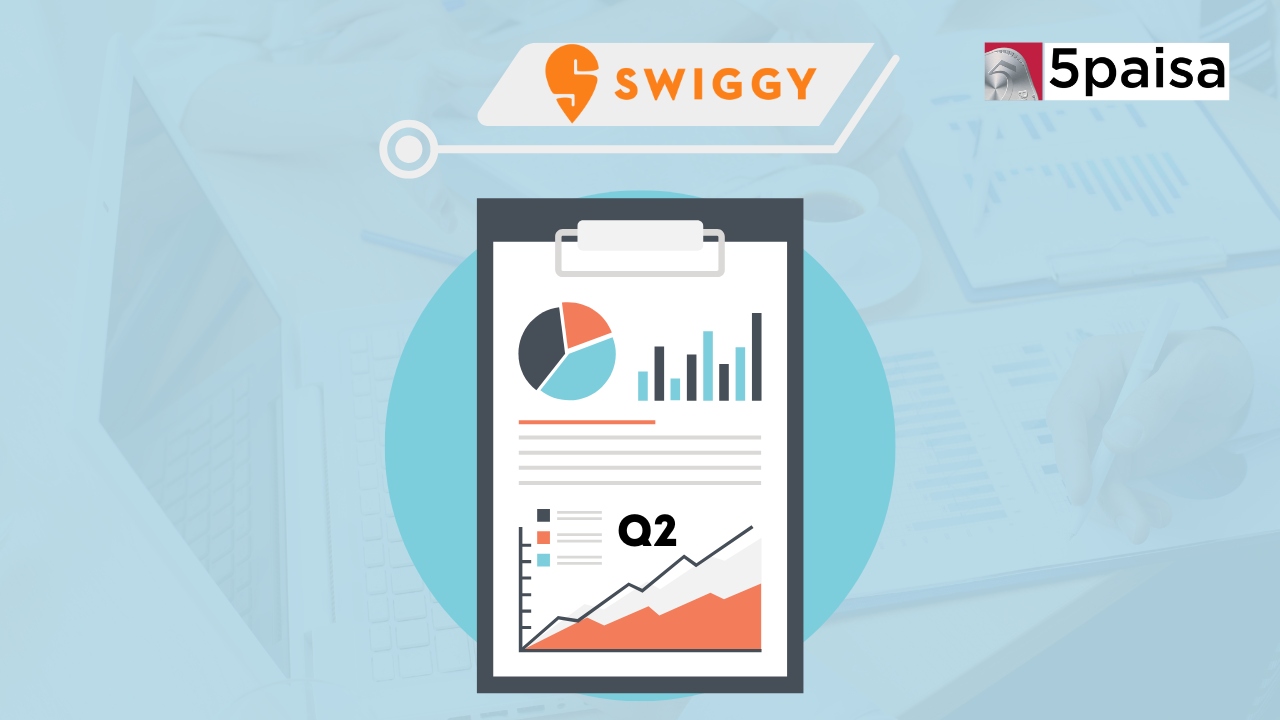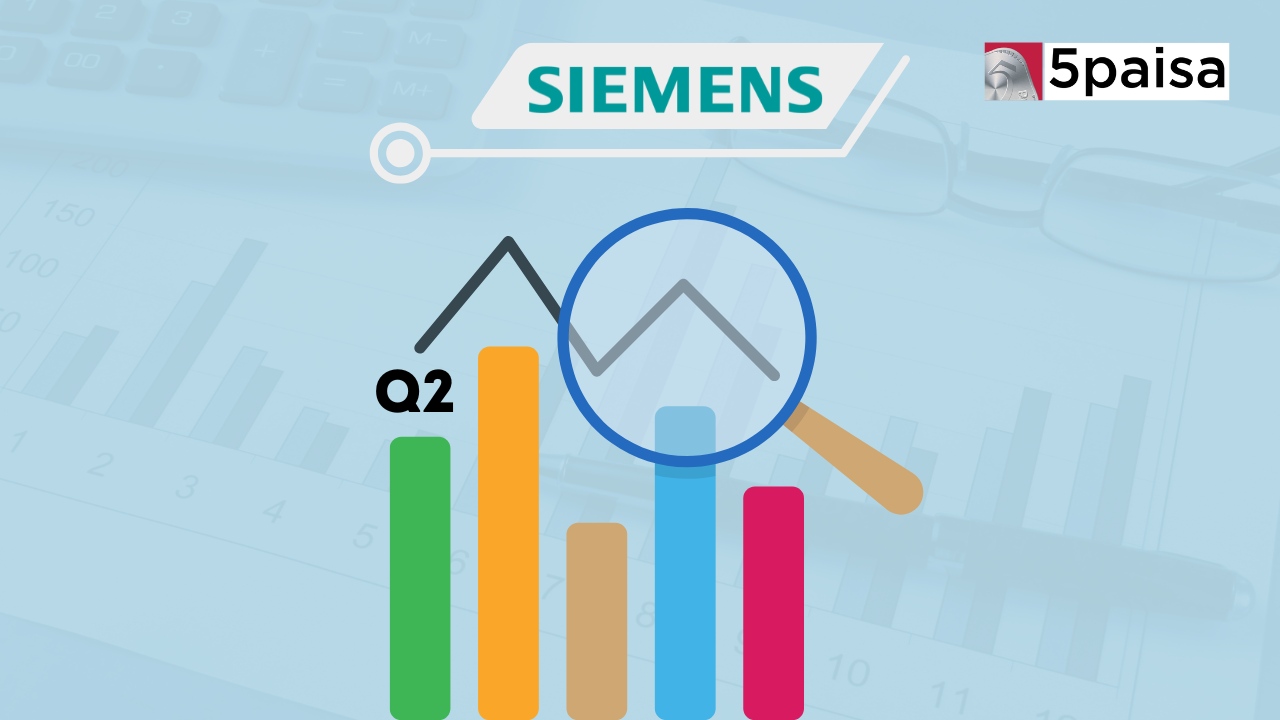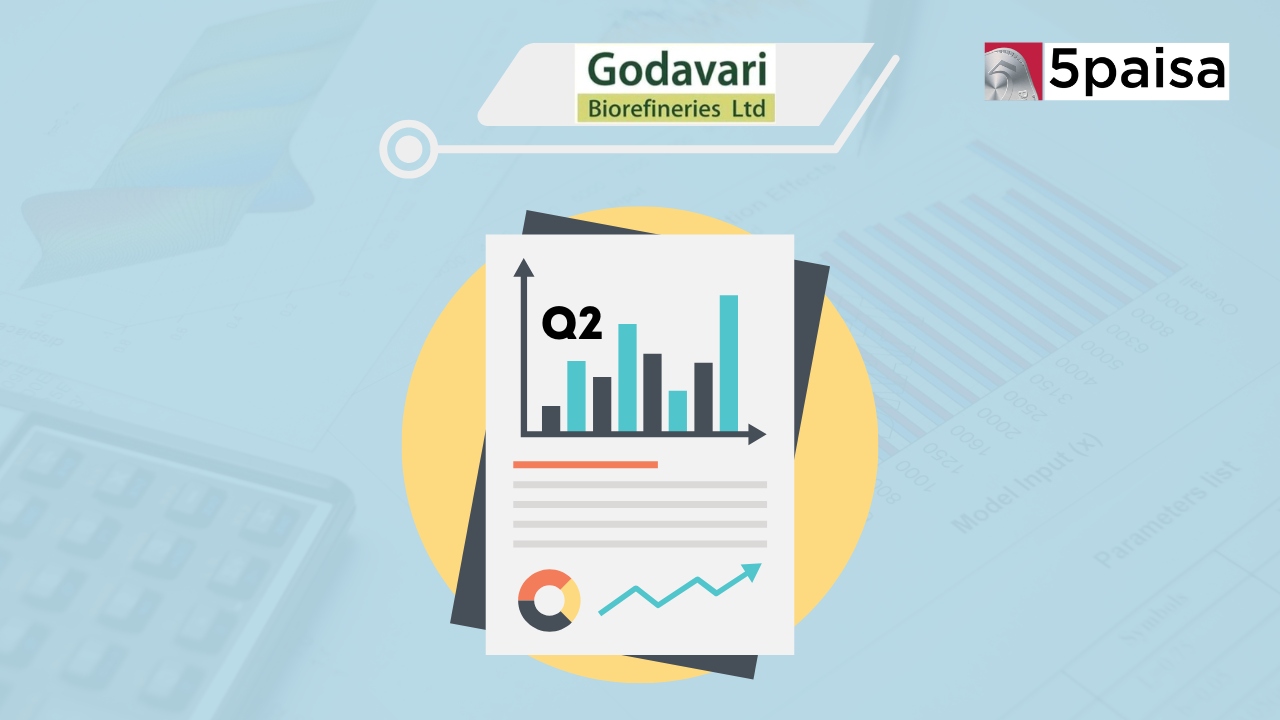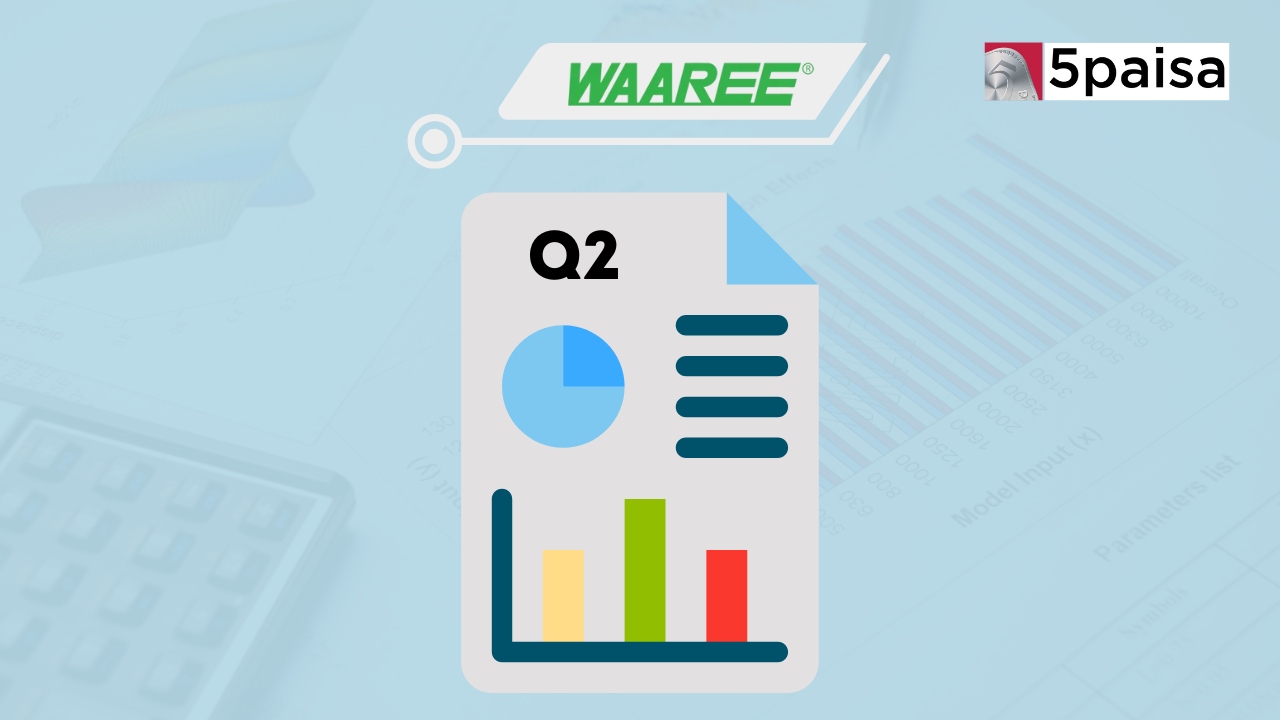Gaurav Seth appointed as CEO of 5paisa Capital Limited, effective January 14, 2025
Indian Investors’ Interest in Market See Rating Downgrade: UBS

Indian retail investors’ interest in stock markets is “fascinating” as they have been pumping money into both the primary and secondary market despite experts cautioning against super-rich valuations, according to UBS.
The Swiss brokerage and financial services firm said that while offshore investors have turned cautious due to expensive valuations, Indian households have been on a buying spree.
The bullish sentiment is not just restricted to direct participation in the stock market by retail investors. Flows from domestic mutual funds have also turned positive after four quarters, it said.
It raised a question mark whether such a herd push can be sustained as net outflows by foreign institutional investors (FIIs) tend to buttress the fact that valuations have run up too high.
FII outflows
In the current quarter (July-September), FIIs have already encashed $1.1 billion on a net basis as against inflows of $800 million and $7.3 billion in the preceding two quarters.
Even as the FIIs are pulling out money, Indian households have been investing heavily in the market and had a net purchase value of $5 billion in equities in the April-June quarter. This has pushed up direct retail direct ownership at a 12-year high, UBS noted in a report.
UBS said that there is not much wiggle room for further positive re-rating of stocks and sectors given the expensive valuations. It added that if low absolute returns continue that could lead to a fatigue in retail flows and stop the locally fuelled momentum. This could be accelerated by the fact that bank deposit rates, which were sliding and had turned retail investors to look at higher returns from other channels, have likely bottomed out.
Growth outlook
UBS also said that it projects the GDP growth rate for the Indian economy for the current fiscal year ending March 2022 at 8.9%, below the consensus estimates. The Reserve Bank of India has forecasted a 9.5% GDP growth for the current year, after trimming it from an estimated 10.5% earlier.
In its base case scenario, it expects India’s economic growth to gain momentum from October 2021. This will be due to pent-up demand (largely led by contact-intensive services, especially after more people are vaccinated), favourable external demand (on strong global growth) and higher government spending, UBS said.
UBS said it doesn’t foresee any meaningful rise in corporate investment in the next couple of years. It also expects inflation to average 5.5% in 2021-22. This will keep the RBI from raising monetary policy rates. Central banks typically raise interest rates when inflation rises beyond their comfort levels.
High debt, downgrade warning
UBS flagged that public debt has climbed to 88% of GDP in FY21, from 72% in the previous year, and said the GDP has to grow at 10% on a nominal basis to make it sustainable.
The brokerage house said that any lags in policy execution and implementation of growth-supportive reform to boost sustainable growth could lead to widening macro stability risks.
“In our base case, we foresee a risk of a downgrade in India's sovereign rating by one of the three rating agencies in the next 12-18 months,” it warned.
- Flat ₹20 Brokerage
- Next-gen Trading
- Advance Charting
- Actionable Ideas
Trending on 5paisa
02
 5paisa Research Team
5paisa Research Team
03
 5paisa Research Team
5paisa Research Team
04
 5paisa Research Team
5paisa Research Team
Corporate Actions Related Articles
Disclaimer: Investment in securities market are subject to market risks, read all the related documents carefully before investing. For detailed disclaimer please Click here.




